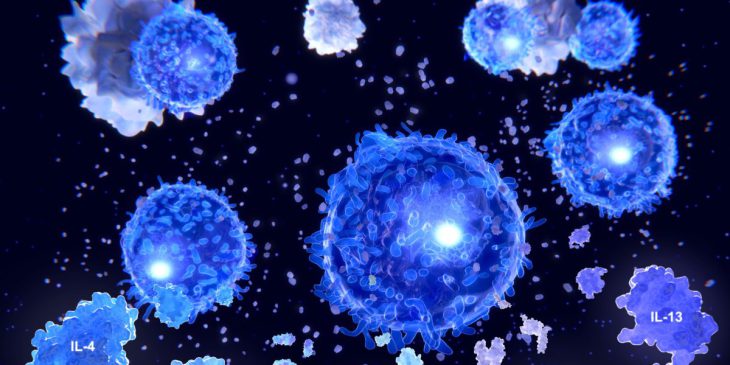
A new Nature Immunologystudy led by University of Pittsburgh and National Institutes of Health researchers sheds light on how a rare type of helper T cell, called Th9, can drive allergic disease, suggesting new precision medicine approaches to treating allergies in patients with high levels of Th9.
“Th9 cells are kind of like the black sheep of helper T cells,” said senior author Daniella Schwartz, M.D., assistant professor of rheumatology at Pitt’s School of Medicine. “They need a perfect storm of occurrences to pop up, and they aren’t long-lived, which makes them hard to study. The other weird thing about Th9 cells is that they remain functional without seeing their antigen.”
T cells switch on when they encounter viruses, bacteria or other pathogens, causing them to ramp up pr...
Read More





Recent Comments